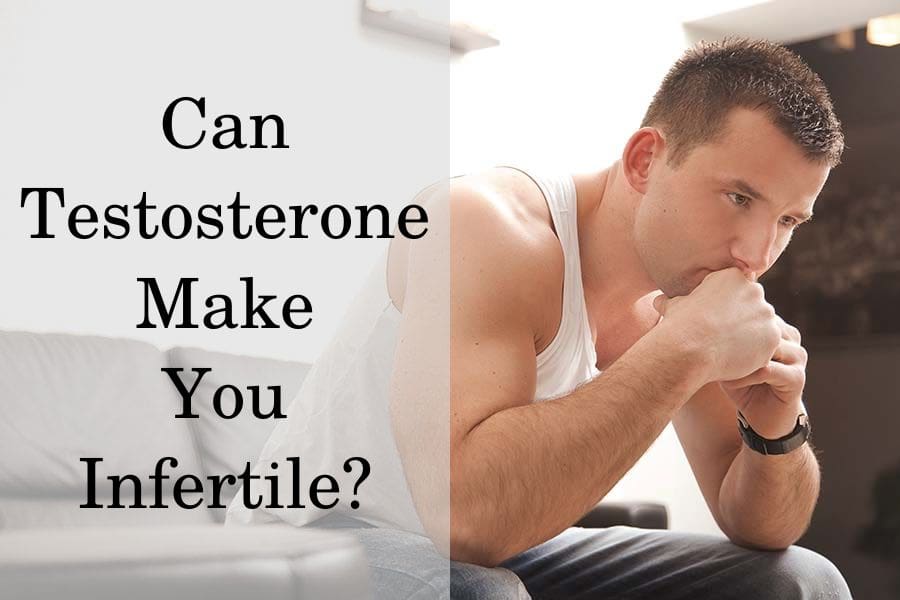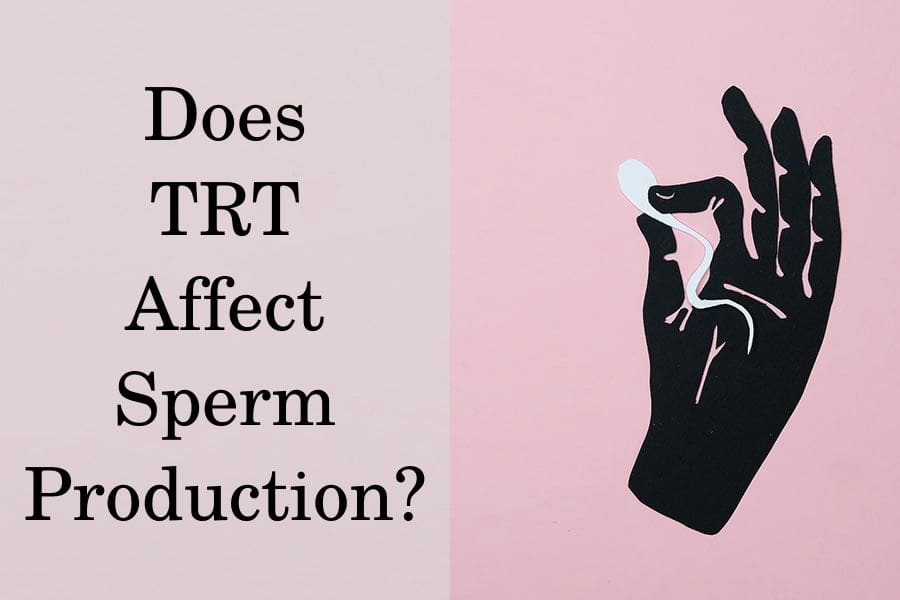Testosterone therapy is the best option for treating hypogonadism in men who do not desire to remain fertile. And you should remember that TRT is the most effective method to manage the debilitating symptoms of low T, and you like to experience improvements within the first month of your treatment.
Your physician will always discuss with you whether you plan on remaining fertile or not before starting TRT. Your decision may be influenced by your age, whether you have children, marital and family status, etc.
What affects fertility in men?
Depending on the cause of infertility, managing the condition may also require surgery or treatment with other medications. In some cases, normal fertility cannot be restored and assisted reproductive technologies are the only option.
Certain lifestyle factors can influence your fertility as well. Scientific reviews reveal that the main factors associated with infertility are obesity, tobacco smoking, alcohol abuse, drug use, and psychological stress.
Lifestyle changes can greatly improve sperm count and fertility
Can testosterone therapy make you sterile?
Testosterone helps to regulate the male reproductive system, and it is necessary for sperm production. But one of the side effects of testosterone treatment could be infertility.
Testosterone therapy reduces sperm production by decreasing the level of FSH, which leads to lower sperm production and quality. In most cases, infertility caused by testosterone therapy is reversible.
If you are considering testosterone therapy, it’s important to be aware of the potential risks involved. You should discuss any concerns you have about fertility with your doctor before starting treatment.
How long does it take for testosterone to affect fertility?
On average, it will take 3 months until testosterone treatment completely suppresses your sperm production and you become sterile. Yet, there are rare cases in which patients have viable sperm cells in their semen even after 6 months of TRT.
Furthermore, testosterone therapy doesn’t close the door for you to have a baby in the future if you still have functional testicles. The treatment causes gradual suppression of sperm count, so there is still a chance to impregnate your partner during the first 2-3 months of therapy.
How to stay fertile while on testosterone
If you have secondary hypogonadism and you wish to remain fertile while on TRT, your doctor may prescribe testosterone therapy with human chorionic gonadotropin (hCG). hCG can stimulate the Leydig cells in your testes to produce testosterone similar to the pituitary hormones.
Studies report that men with secondary hypogonadism can successfully restore their T levels and fertility when taking hCG therapy. During the course of the treatment, 38 out of 75 men became fathers, only 5 of whom via assisted reproduction.
How long does it take to restore fertility after TRT?
Discontinuing short-term TRT often leads to spontaneous recovery of spermatogenesis in previously fertile patients. According to one trial, spermatogenesis recovered to pretreatment levels within 6-8 months of discontinuing a 12-month TRT.
If you also wish to remain fertile throughout the course of your treatment, your doctor may consider adding hCG in addition to your testosterone medications. Several small trials reveal that taking 500 IU every other day during TRT is sufficient to maintain intratesticular levels and sperm production.
If you have had symptoms of low T, such as decreased libido or erectile dysfunction, TRT will also improve your complaints and help your sexual performance during intercourse.
Libido and sexual desire increase most significantly as soon as the 3rd week after starting TRT. Testosterone will also help you achieve erections easier and increase your satisfaction from sex. In addition, the therapy will also increase your energy levels which may help you last longer during sex.
Get a free consultation with our medical expert for any questions about hormone replacement therapy


